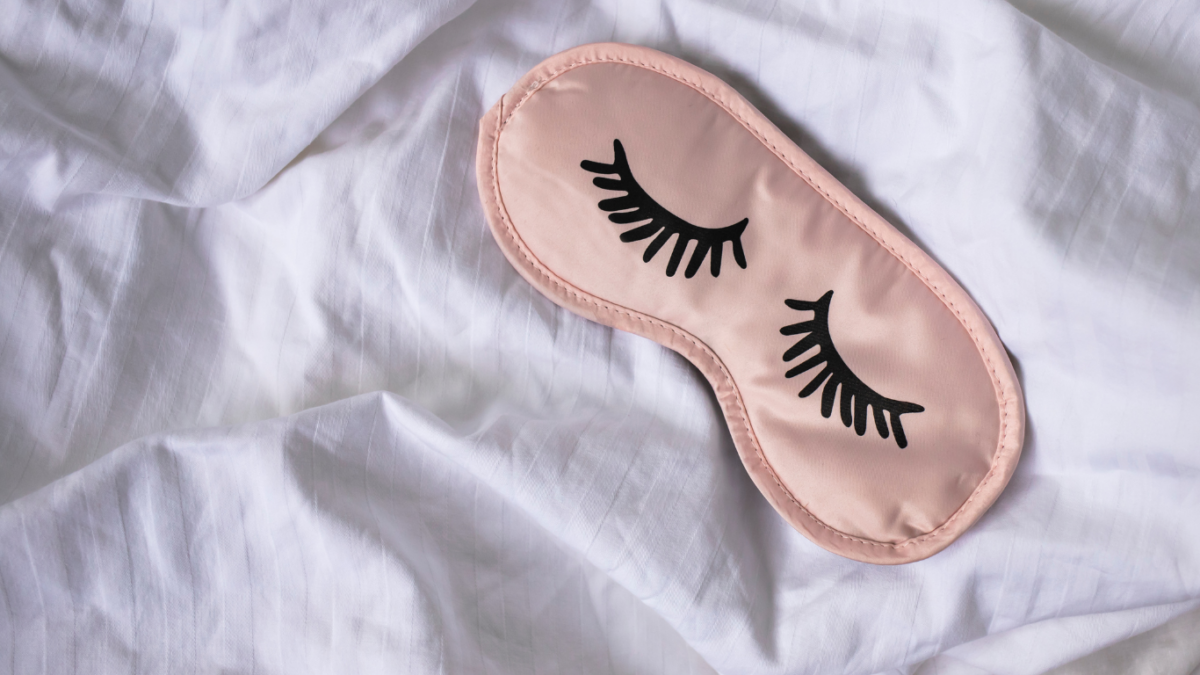Sleepless Nights? Here’s How to Catch More Zzz’s During Perimenopause

When it comes to menopause, the conversation often swirls around hot flashes, mood swings, and, of course, the end of menstruation. Yet, there’s an uninvited party crasher that can be just as disruptive: sleep issues. So let’s shine a spotlight on that, shall we?
At its core, menopause is a time of significant hormonal change, which can wreak havoc on your sleep patterns. Many women in perimenopause (the stage before menopause) find themselves counting sheep, tossing and turning, or waking up in the wee hours with frustrating regularity. But why does this happen, and how can we deal with it? Buckle up, ladies, as we delve into the world of sleep and menopause.
So, What’s Up with Menopause and Sleep Anyway?
Well, the first stop on this road trip is to understand the connection between menopause and sleep disturbances. Estrogen and progesterone, two hormones that ebb and flow during your menstrual cycle, also play a big role in regulating sleep. As you move closer to menopause, the levels of these hormones fluctuate and eventually drop, leading to a range of sleep-related issues.
Estrogen, for instance, promotes REM sleep – the deep, restful stage where dreams happen. A decrease in estrogen levels can make it harder to fall asleep and lead to more nighttime awakenings. Progesterone, on the other hand, is a natural sleep-inducer. When this hormone drops off during perimenopause, it might feel like your body’s hitting the caffeine just as you’re ready for lights out.
Not only do these hormonal shifts affect sleep, but they also come with a set of side effects – hot flashes, night sweats, anxiety, and mood swings. These can be quite the party poopers when it comes to catching some quality shut-eye. In fact, according to the National Sleep Foundation, nearly 61% of menopausal women report insomnia symptoms.
Well, This Sounds Like a Fun Ride (Not). What Can We Do About It?
Hey, I hear you. It might seem like a wild rollercoaster ride that you never signed up for, but don’t despair! There are strategies you can adopt to make these sleep disruptions a bit less disruptive.
1. Transform Your Bedroom into a Dreamy Slumber Palace!
Turn your bedroom into a slumber sanctuary. Keep the room dark, quiet, and cool. Consider investing in blackout curtains, earplugs, or a white noise machine. To combat night sweats, opt for breathable, moisture-wicking bed sheets and sleepwear. Oh, and no peeking at the clock during the night! That’s just a one-way ticket to stress city.
2. Let’s Set the Clock! It’s Time to Master Your Zzz’s Routine!
Sticking to a consistent sleep schedule can help regulate your body’s internal clock and improve sleep quality. That means going to bed and waking up at the same time every day – yes, even on weekends. And while napping can be tempting when you’re running on little sleep, try to resist. It can actually make it harder to fall asleep at night.
3. Become the Boss of Your Belly and the Captain of Cardio!
What you eat and drink, especially close to bedtime, can significantly impact your sleep. Avoid caffeine and alcohol late in the day. And while we’re at it, spicy or heavy meals can trigger hot flashes and heartburn, so give those a miss in the evening too.
Regular exercise is a natural sleep booster – but try not to sweat it out too close to bedtime, as it can keep you awake.
4. Embrace Your Inner Zen Master: It’s Mind-Body Magic Time!
Relaxation techniques like yoga, meditation, deep-breathing exercises, or progressive muscle relaxation can help you wind down before bed. Many women also find cognitive behavioral therapy helpful in managing sleep problems and coping with the changes that menopause brings.
5. It’s Team-Up Time: Call in the Pros for Backup!
If you’ve tried these strategies and still find yourself perpetually yawning, it may be time to consult a healthcare provider. They can guide you to the best treatment option based on your symptoms, medical history, and personal preferences.
Yes, the menopause journey can be a bumpy one, fraught with many sleepless nights. But remember, you’re not alone on this ride. Reach out, share your experiences, and don’t hesitate to ask for help. It might not be the smoothest road trip you’ve ever been on, but with the right tools and support, you can navigate it with confidence and even a few good nights’ sleep.
So, the next time you find yourself staring at the ceiling at 3 am, just remember, you’ve got this! And with these strategies at your fingertips, hopefully, those sleepless nights will soon be a thing of the past. Goodnight, sleep tight, and don’t let the bedbugs (or hot flashes) bite!
